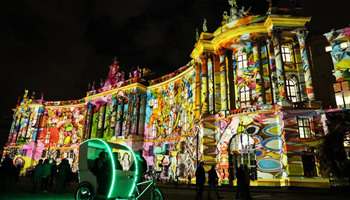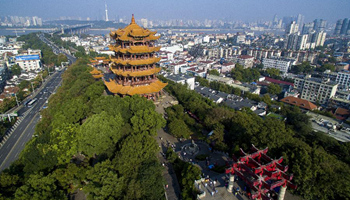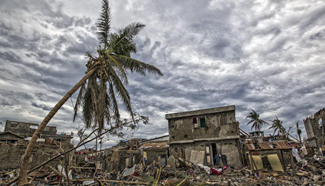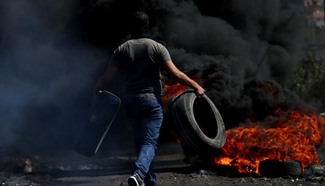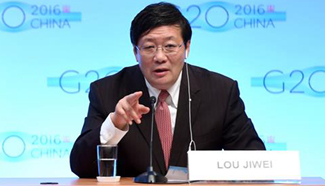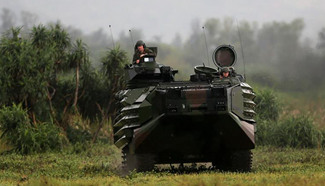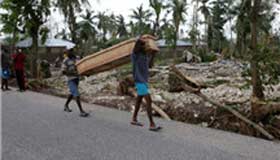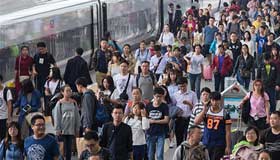BOGOTA, Oct. 7 (Xinhua) -- Colombian President Juan Manuel Santos has won the Nobel Peace Prize for his efforts in putting an end to a five-decade-long civil war in his country through a peace process with the Revolutionary Armed Forces of Colombia (FARC).
Santos, a former journalist and economist, was born in Colombia's capital city of Bogota on Aug. 10, 1951 and was elected president in 2010.
Santos held the first public office in 1972 when he represented the National Federation of Coffee Growers of Colombia in the International Coffee Organization in London.
During the 1980s, Santos joined El Tiempo daily, which was owned by his family at the time.
He served as foreign trade minister in the government of President Cesar Gaviria from 1991 to 1994, as finance minister in the government of President Andres Pastrana from 2000 to 2002, and as defense minister in the government of Alvaro Uribe from 2006 to 2009.
During Uribe's presidency, Santos dealt hard blows to FARC.
Santos was elected president with the support of Uribe, who would later become his most staunch opponent.
During his first term as president, Santos is remembered for his operation against Guillermo Leon Saenz Vargas, known as "Alfonso Cano," who was killed by the Colombian army.
On several occasions, Santos has said he wanted to be remembered in history as the president that achieved peace in Colombia.
Santos launched peace talks with FARC in Havana, Cuba, in 2012.
Santos was re-elected in 2014 with the promise that he would conclude the peace process with FARC.
After years of negotiations, a final peace deal was signed by Santos and FARC leader Rodrigo Londono on Sept. 26, 2016.
Santos wanted the Colombian people to have the final say in the peace process and put the deal to a referendum.
The deal was unexpectedly rejected with extraordinarily low voter turnout.

